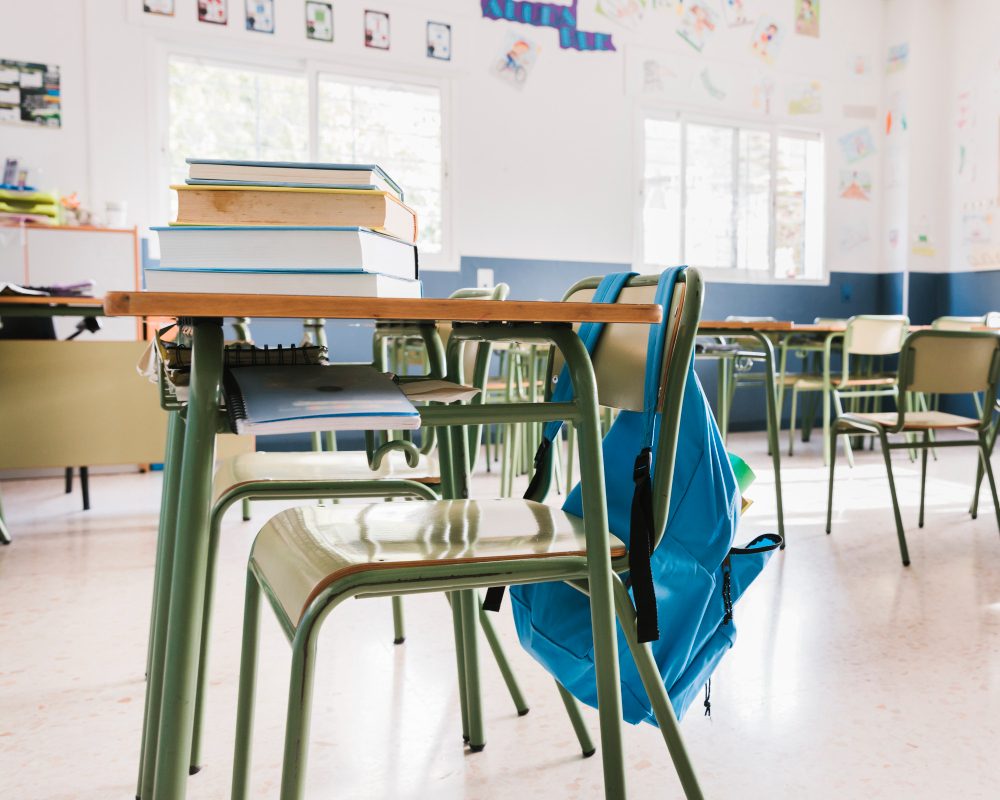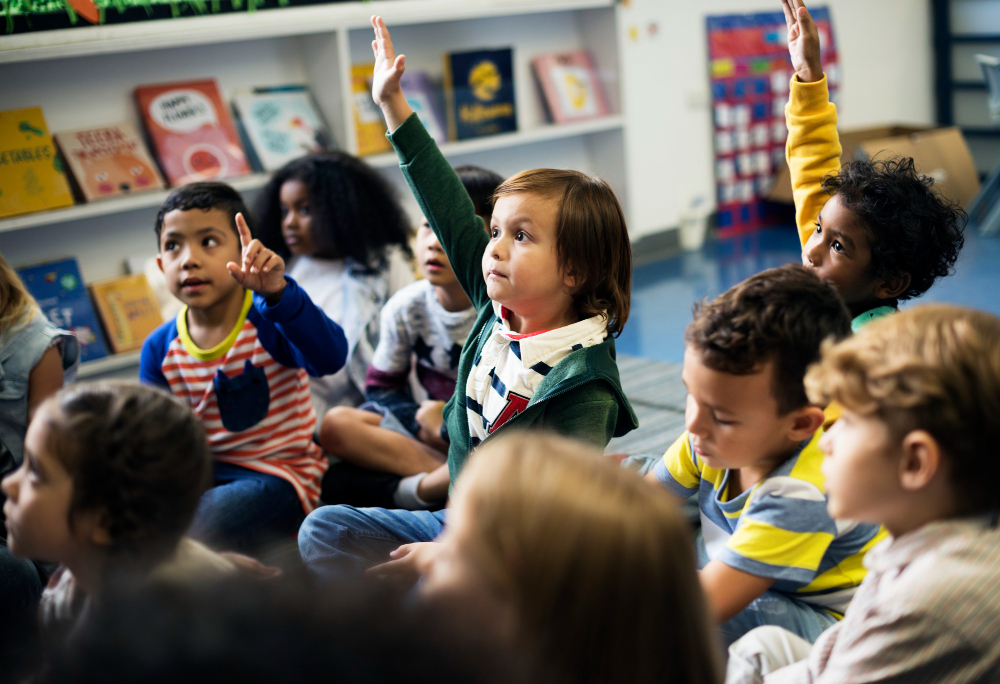
Fund BC education..
Fund BC Education is a parent-led advocacy platform securing the resources our public schools need to serve every learner with dignity, equity and excellence. Investing in high-quality education today yields dividends in social cohesion, economic vitality and collective well-being tomorrow.
Public education is more than a service; it is the bedrock of democratic participation and social mobility. When budgets are stripped bare, schools turn to band-aid fixes and coercive discipline instead of proactive support. Under-resourcing drives punitive measures, fuels educator burnout and compels families to shoulder the emotional, financial and logistical burdens of filling the gaps. Fair, needs-based funding must replace austerity-driven rationing if British Columbia is to honour its commitment to inclusive, evidence-based schooling.

It’s time to act to fund BC public education
The countdown to September has begun. Parents are tired of paying for the government’s failure to act. This year, families won’t settle for silence or delay.
To the Government of BC, your invoice is due!.
What are some impacts of insufficient funding
Insufficient funding in our public schools extends far beyond empty balance sheets; it reshapes the daily reality of students, educators and communities in ways that undermine learning, equity and well-being. Each of these impacts compounds the others, creating an education system that struggles to meet the needs of today’s learners and jeopardises the promise of tomorrow.

Burnout & Attrition
When educators are expected to shoulder growing responsibilities with fewer resources, exhaustion becomes the norm—and many leave the profession altogether. The loss of experienced teachers inflicts a profound moral injury on those who remain.

Ableism
Shortages of special-education staff and ballooning waitlists for assessments leave neurodivergent and emotionally vulnerable students without the accommodations outlined in their own IEPs. Families carry the burden when schools cannot.

Program’s Cancelled
Arts, athletics and after-school clubs are too often the first to vanish when budgets tighten, even though these programmes cultivate creativity, resilience and social cohesion—pillars of a thriving society.

Crowded classrooms
Budget cuts often force districts to merge classes or abandon smaller learning groups, depriving each child of the individual attention that can mean the difference between engagement and frustration. Infrastructure is inadequate and often not seismically sound.
What needs to change

Despite record-headline spending, the lived experience within our classrooms tells a different story—one of chronically understaffed special education teams, dilapidated facilities and escalating waitlists for behavioural and mental health supports. In many districts, funding formulas ignore complexity of need; they reduce human beings to “units” and “hours.” As costs rise and student diversity deepens, this mismatch has widened, producing unsafe learning environments, increased exclusions and diminished trust between families and educators. It is a profound betrayal of our shared responsibility to nurture every child’s potential.
Needs-based funding
Budgets must reflect the real-world costs of inclusive education—from additional teaching assistants and school-based mental health professionals to culturally safe programming for Indigenous and newcomer students.
Accountability
Every dollar allocated must be tracked against clear benchmarks for student outcomes, with public reporting and community-driven review processes ensuring that resources reach the classrooms where they belong.
Professional learning
Educators require ongoing training in restorative practices, universal design for learning and trauma-informed pedagogy—approaches that preclude punitive shortcuts and foster resilience, engagement and belonging for all students.

Recent news
The latest on education policy, funding announcements, and our advocacy efforts
Latest from our blog
-

Why are disabled children still being excluded from BC public schools?
The BC NDP inherited a crisis and chose to manage its appearance rather than confront its scale For eight years, the BC NDP has governed this province promising investments in social infrastructure, commitments…
-

FAQ on school exclusion economics
Why are disabled children still being excluded from BC public schools after 8 years of NDP government? The BC NDP inherited a profoundly broken system from 16 years of BC Liberal austerity and…
-

Reframing the crisis: a summary of Parker’s critique of neoliberalism in education
In her 2022 article for Critical Education, Parker examines the deep entanglement between neoliberal economic ideology and the governance of public education in Canada. She argues that this ideological framework, which privileges market logic,…
